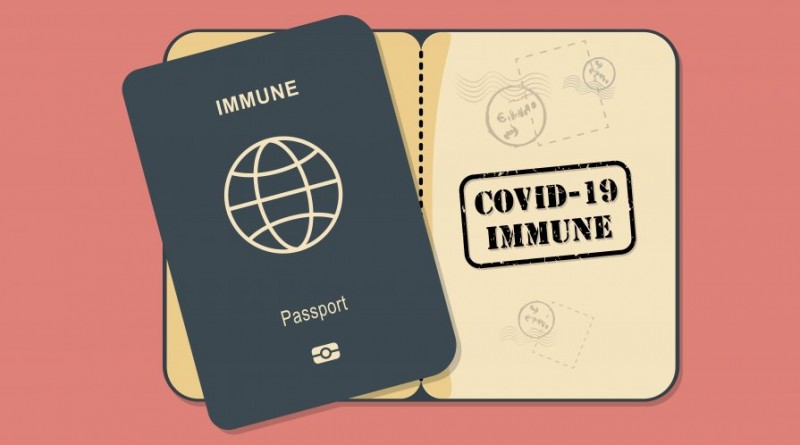
World Health Organization is working on a digital solution, an international digital vaccination card that will provide a framework with standards for countries to believe onto. In reality, in countires like Zimbabwe where a fake Covid 19 report can be bought for USD 10 experts worry about fake vaccination card. “We thought that [was] really concerning,” said Mchechesi, a doctor and co-founder of Vaxiglobal from Zimbabwe. “It’s not like there is any policing that’s done, it’s actually sold freely.”
“You can imagine, someone can actually be COVID-19 positive and they don’t get their test, they just bought that COVID-19 certificate and the border officials assume that the person is COVID negative — that’s how cases are being transmitted internationally,” said Mchechesi. As of now, yellow fever is the only disease specified in the World Health Organization’s (WHO) International Health Regulations (IHR), which require proof of vaccination for entry to some specified countries. But is a paper card and can be falsified easily.
If Covid 19 vaccination certificate is made compulsory for travel the world over, it would have to be part of the IHR, and that process would take a long time, Mariano, WHO’s director of digital health innovation said. CommonPass, a digital framework for verifying COVID-19 tests and vaccination certificates is one solution. Already, n number of organizations approached WHO with their own models to provide confident solution. The role of WHO is to set the standards. It is more like a VISA logo on bank cards. WHO will have developed and defined the vaccination certificate standards and addressed data privacy issues by the end of March, with the standards ready to go by the beginning of April if everything goes well as per the plan.
New Covid-19 variants now in dozens of countries: WHO
No need to prioritise vaccination of Tokyo Olympics participants: WHO expert
WHO chief thanks Biden for membership U-turn, US joining ACT Accelerator, COVAX